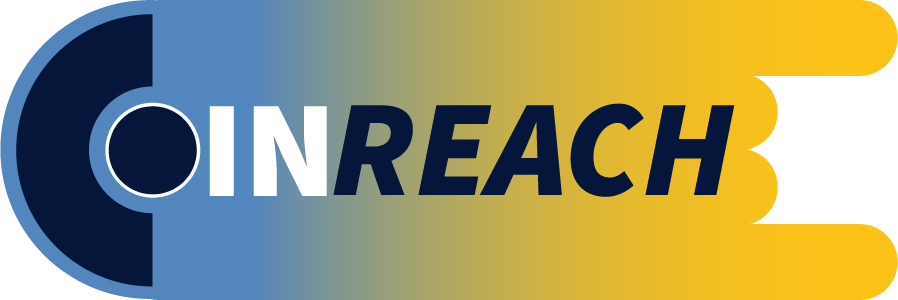
Introduction
Financial literacy is a critical skill that empowers individuals to make informed and responsible decisions about their money. In an increasingly complex and interconnected world, understanding financial concepts and practices is essential for achieving financial well-being and success. This document delves into the significance of financial literacy, its components, benefits, and ways to enhance it.
Financial literacy refers to the ability to comprehend and effectively manage various financial aspects of life. It encompasses knowledge of concepts such as budgeting, saving, investing, borrowing, and planning for retirement. A financially literate individual possesses the skills to make sound financial decisions that align with their goals and values.
Components of Financial Literacy
Budgeting and Money Management
Creating and adhering to a budget is a foundational aspect of financial literacy. It involves tracking income, expenses, and savings goals to ensure that one’s financial resources are being allocated wisely.
Saving and Investing
Understanding the importance of saving and investing early in life is crucial. Financial literacy involves knowledge about different types of savings accounts, investment vehicles, and risk management strategies.
Debt Management
Being financially literate means knowing how to manage and prioritize debt. This includes understanding interest rates, repayment plans, and avoiding high-cost debt traps.
Retirement Planning
Planning for retirement is a long-term financial goal. Financial literacy entails knowing about retirement accounts, investment options, and strategies to ensure a comfortable retirement.
Consumer Awareness
Financially literate individuals are well-informed consumers who understand their rights and responsibilities when making financial transactions. This includes reading contracts, understanding fees, and avoiding scams.

Benefits of Financial Literacy
Financially literate individuals feel empowered to take control of their financial futures. They can confidently make decisions that align with their goals and values. Financially literate people have enhanced decision-making skills, whether it’s choosing between investment opportunities or making major purchases, informed decisions lead to better outcomes.
Individuals who are financially literate tend to save more effectively and make strategic investment choices. This contributes to wealth accumulation over time. These people have a good understanding of financial concepts and they often have a plan in place can significantly reduce financial stress. Financially literate individuals are better equipped to handle unexpected expenses and financial challenges.
These individuals also make informed decisions when borrowing money. They understand the implications of debt and can manage it responsibly.
A population with high financial literacy contributes to economic growth. Informed consumers and investors drive demand, investment, and entrepreneurship.
Ways to Enhance Financial Literacy
Formal Education
Integrating financial education into school curricula can equip young individuals with essential financial skills. Courses on personal finance, economics, and business can lay a strong foundation for the future of the young individuals. Hence it is good that every school teach the basics on financial literacy, customized to the age of the young individuals, and also the local condition of the region.
Self Learning
There is a limit to how much formal education institutions can teach about financial literacy over the years. Each individual should continue to learn about financial literacy even after they left the formal education. Numerous resources, including books, online courses, and educational websites, offer self-study opportunities. Individuals can learn at their own pace and explore topics of interest. Self learning is also very important in this age whereby changes to the financial World take place regularly.
Workshops and Seminars
Attending workshops and seminars hosted by financial experts can provide practical insights into various financial topics. The financial World is face paced and hence learning from experts is a great way to be exposed to the latest development regarding various financial topics. These events often encourage active participation and discussions, whereby participants can share about their experiences and promote learning from each other.
Financial Advisors
Financial advisors can provide personalized guidance tailored to an individual’s financial situation and goals. Consulting professionals can help individuals make well-informed decisions
Learning from Mistakes
Experiencing financial challenges and learning from mistakes can also contribute to financial literacy. Reflecting on past decisions helps individuals avoid similar pitfalls in the future.

Conclusion
In a world where financial decisions have far-reaching implications, being financially literate is not just a skill; it’s a necessity. It empowers individuals to navigate the complexities of personal finance, make informed choices, and work towards achieving their financial aspirations. By prioritizing financial education and actively seeking to enhance financial literacy, individuals can pave the way for a more secure and prosperous future.



